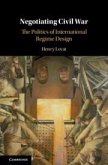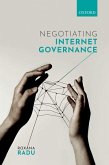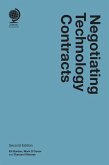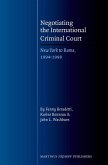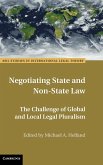This book sheds light on the under-examined theme of the drafting of equality rights in constitutional bills of rights. It focuses on three jurisdictions where equality has been central to constitutional debate: South Africa, Canada, Northern Ireland. Avoiding the tendency in much of comparative constitutional law literature to focus on the work of courts, this work draws on empirical research to provide a comprehensive account of the different aspects of the drafting process and difficulties societies face when designing equality rights in bills of rights. The book does this by providing the first systematic analysis of three jurisdictions (South Africa, Canada and Northern Ireland) which have adopted, or debated the adoption of, bills of rights. This is a timely and fascinating book which will help shape and share comparative constitutional scholarship. The book demonstrates how the drafting of an equality provision in bills of rights must be understood against the local background political context in which it is immersed. As the book contains a structured comparison of three countries, it has a wide reach: it provides an essential guide for human rights campaigners, the community and voluntary sector, constitutional law practitioners, the international community, politicians and government, academics and students who wish to know more about the importance of the drafting process and, in particular, the choices raised in drafting equality rights provisions. It is in this context that the comparative experience of the three chosen jurisdictions is indispensable and relevant.
Hinweis: Dieser Artikel kann nur an eine deutsche Lieferadresse ausgeliefert werden.
Hinweis: Dieser Artikel kann nur an eine deutsche Lieferadresse ausgeliefert werden.



